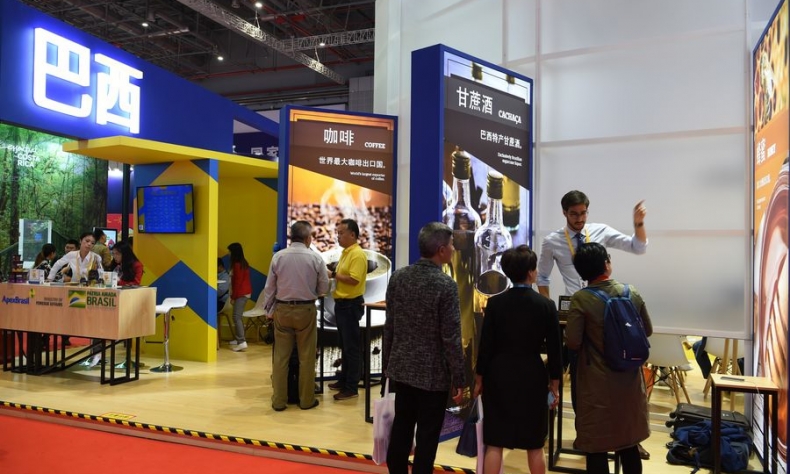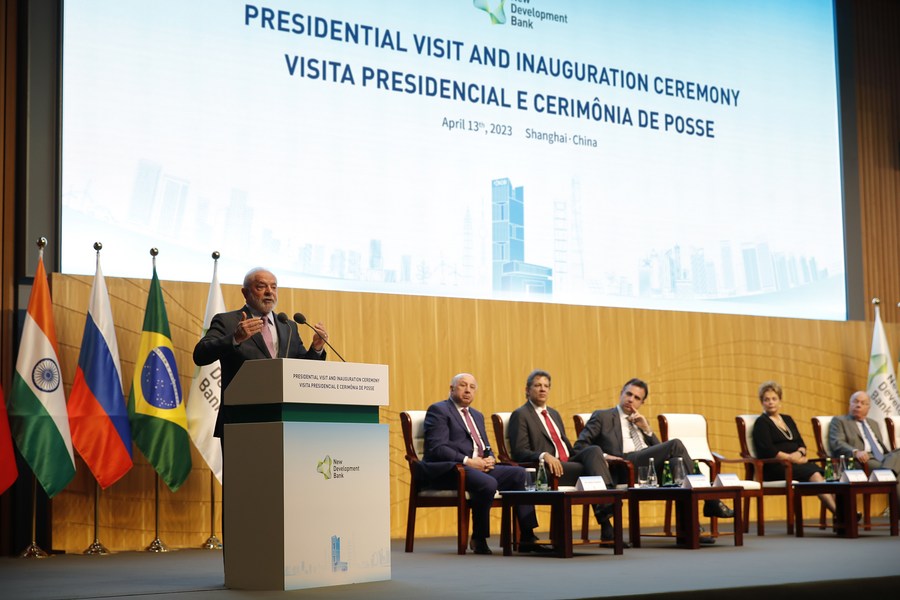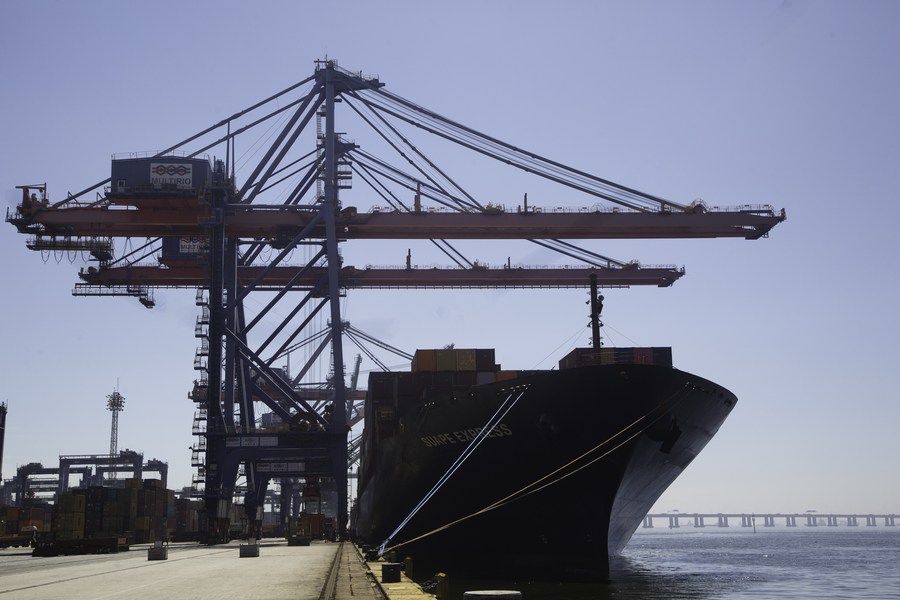Entering a New Time

In pursuing high-quality development, China places people at the center of government actions. This is undoubtedly Lula’s objective. Both leaders share a common vision of what motivates them to lead their great nations.
After four years of Brazil on the sidelines of the world and, therefore, of history, the reelection of Luiz Inácio Lula da Silva as president in October 2022 has reintroduced the country into the global scene with the same peculiar ease seen during his first two terms from 2003 to 2010. He returned to power in January after suffering one of the most unfair political persecutions, led by a judge and a prosecutor who resigned from their positions to become politicians in opposition to his government. Lula was wrongly imprisoned in April 2018, but he had his convictions overturned in 2021. He then defeated the Brazilian extreme right in what became a disputed presidential election.
It is now time for “union and reconstruction,” Lula said.
On Lula’s state visit to China, President Xi Jinping’s reception of the Brazilian head of state with the famous Brazilian song Novo Tempo (New Time) could not have been more appropriate. The song’s lyrics, In the new time, despite the dangers, the most brute force, the frightening night, we are in the fight… So that our hope is more than revenge; it is always a path that is left as an inheritance, carry the meaning that the meeting between Lula and Xi heralds a “new time,” and a “new era.”
As Xi said, Lula is an old and good friend of China. In fact, during Lula’s second term, China became Brazil’s biggest trading partner, and together, they have joined forces in creating the BRICS group of Brazil, Russia, India, China and South Africa to promote the reform of international organizations. The two leaders’ meeting on April 14 promised a new chapter that may be crucial for the future of the bilateral relationship, BRICS, and a multipolar world.

During Lula’s visit from April 12 to 15, Brazil and China signed 15 documents on cooperation in areas including mutual investment, trade, infrastructure, digital economy, agriculture, education, environment and climate change. The bilateral agenda has been broadened—leaving behind the relationship that prevailed in the last four years, characterized by Brazil’s emphasis only on bilateral trade. With Lula, the Brazil-China relationship can develop beyond trade. But, for this to occur, exchange between the two nations’ peoples will be essential.
Weeks before Lula’s visit, a delegation of more than 200 representatives of Brazilian firms to China was a positive sign that Brazil’s business community is seeking to deepen relations with Chinese companies. But both countries need to further expand contact between their peoples so that more people can enjoy the possibilities of this relationship. Hundreds of thousands of medium-sized companies, small farmers and research entities want to become more informed and to learn how to participate in this new era of Brazil-China relations, and so do many public authorities from Brazilian states and municipalities, plus artists, service sector professionals and students, among others.
Still, the Brazilian Government hopes to attract Chinese investment, which is believed to push forward the reindustrialization of Brazil, a country that has become an exporter of commodities to the world, with China being its biggest buyer. But the process depends on an industrial policy that attracts investors. And this needs to be put in place by Brazil urgently.
Brazil not only needs Chinese investment but also to learn from China. It is worth remembering that China’s rapid development is due, among other factors, to its intense investment in transport infrastructure. The economy depends on people. And people need affordable, fast and comfortable means of transport to move within cities, between cities, and within the country. In Brazil, workers lose three or more hours each day on crowded, uncomfortable and unpunctual buses or trains to get to and from work. This situation exhausts people and harms even the lives of their families. Good transport infrastructure clears the path for the development of the economy. A continental country like Brazil, like China, should consider having its first bullet train. Without modern transport infrastructure, there will be no route to Brazil’s development.

There are other challenges that Brazil needs to overcome. The country that prides itself on its commodity export potential has thousands of people going hungry. Something must be wrong here. Lula has to pay attention to the fact that the China-Brazil relationship can be strategic in the fight against poverty and the improvement of the living conditions of the Brazilian people, and not just of some business people.
Finally, I noticed the absence of any reference to Forum Macao in the official declaration of the two countries. I don’t know the reasons. But it is noteworthy that our Chinese friends have created a space for dialogue with Portuguese-speaking countries.
Forum Macao, or the Forum for Economic and Trade Cooperation Between China and Portuguese-Speaking Countries (Macao), was initiated by China in 2003, and now its members also include Angola, Brazil, Cape Verde, Guinea-Bissau, Mozambique, Portugal, Timor-Leste, Sao Tome and Principe. This initiative should be appreciated and supported by Brazil. In addition to economic relations, Forum Macao also promotes the Portuguese language. And in the context of defending UN reform—an essential agenda for Brazil—the recognition of Portuguese as the official language of the UN would increase the organization’s legitimacy and promote the democratization of the international system.
In pursuing high-quality development, China places people at the center of government actions. This is undoubtedly Lula’s objective. Both leaders share a common vision of what motivates them to lead their great nations. The 15 signed documents were just a first and vital step. From now on, what will count will be the results achieved. It’s a new time, and we don’t have time to waste.
The author is a professor at and head of the Center for Brazil-China Studies at FGV Law School in Rio de Janeiro, Brazil.
 Facebook
Facebook
 Twitter
Twitter
 Linkedin
Linkedin
 Google +
Google +










